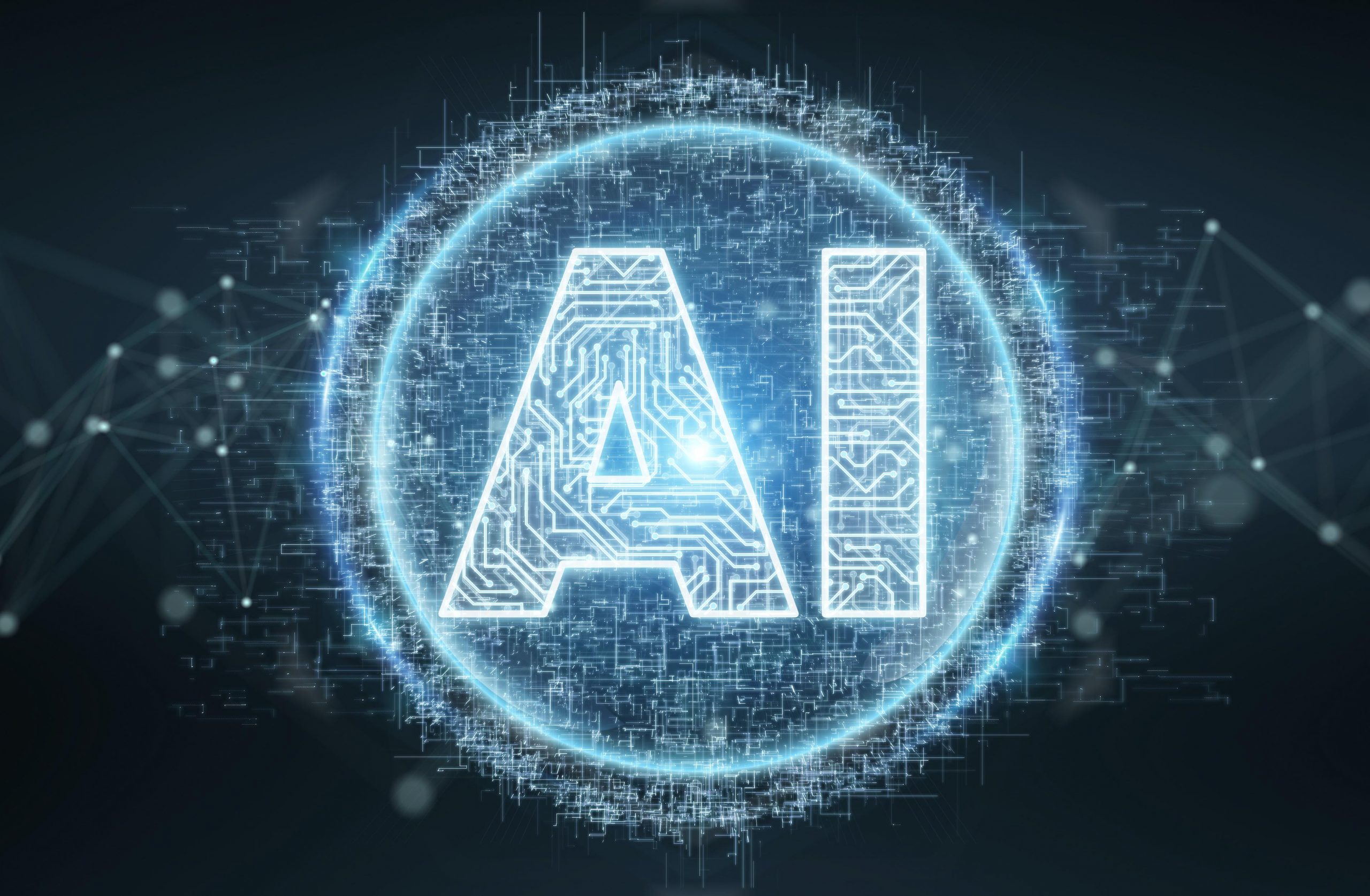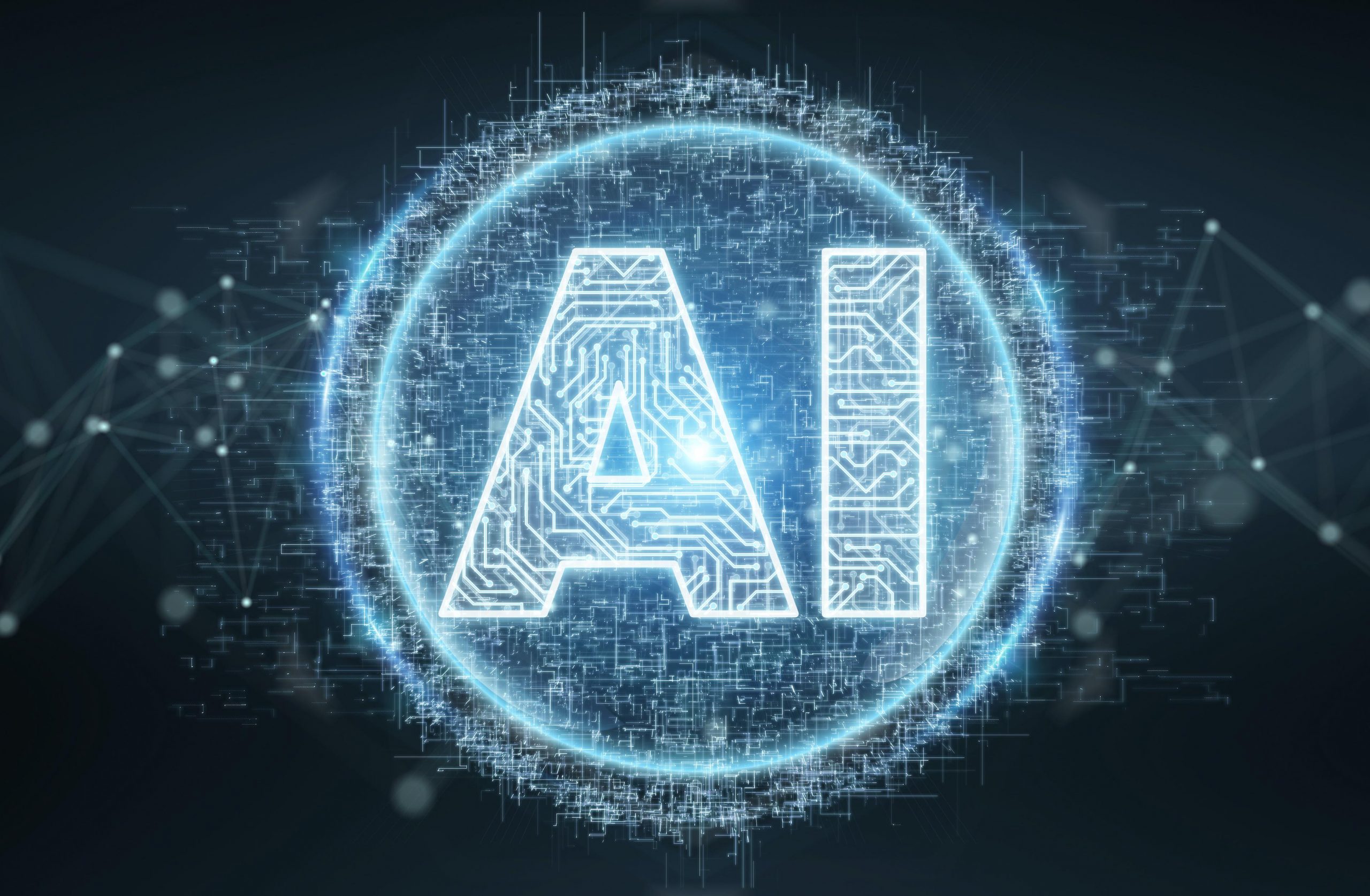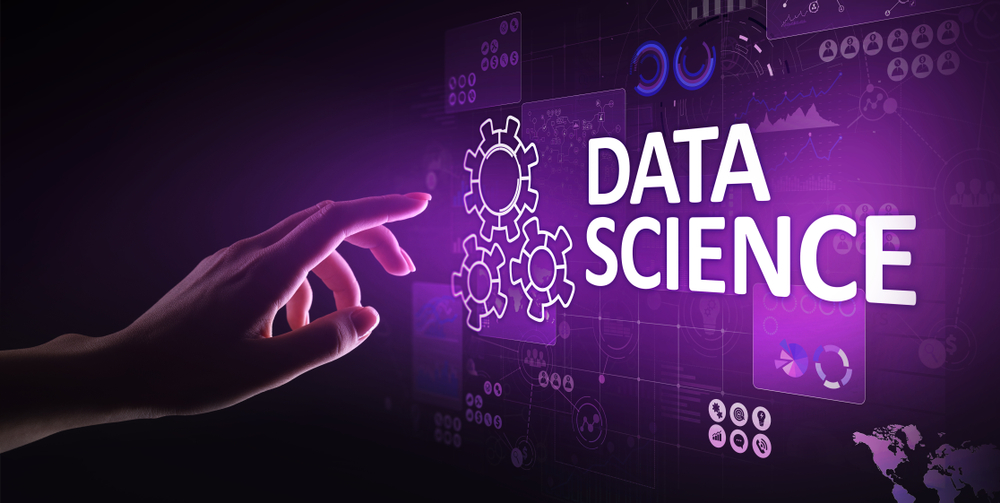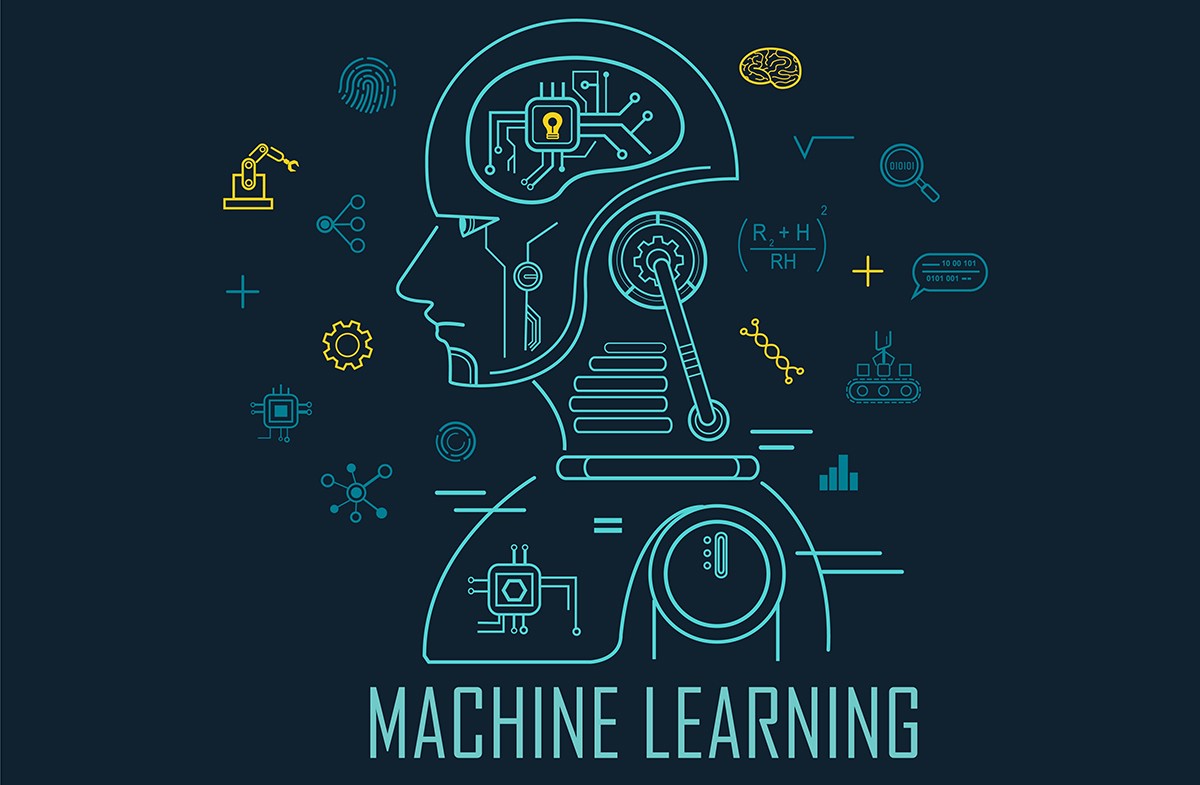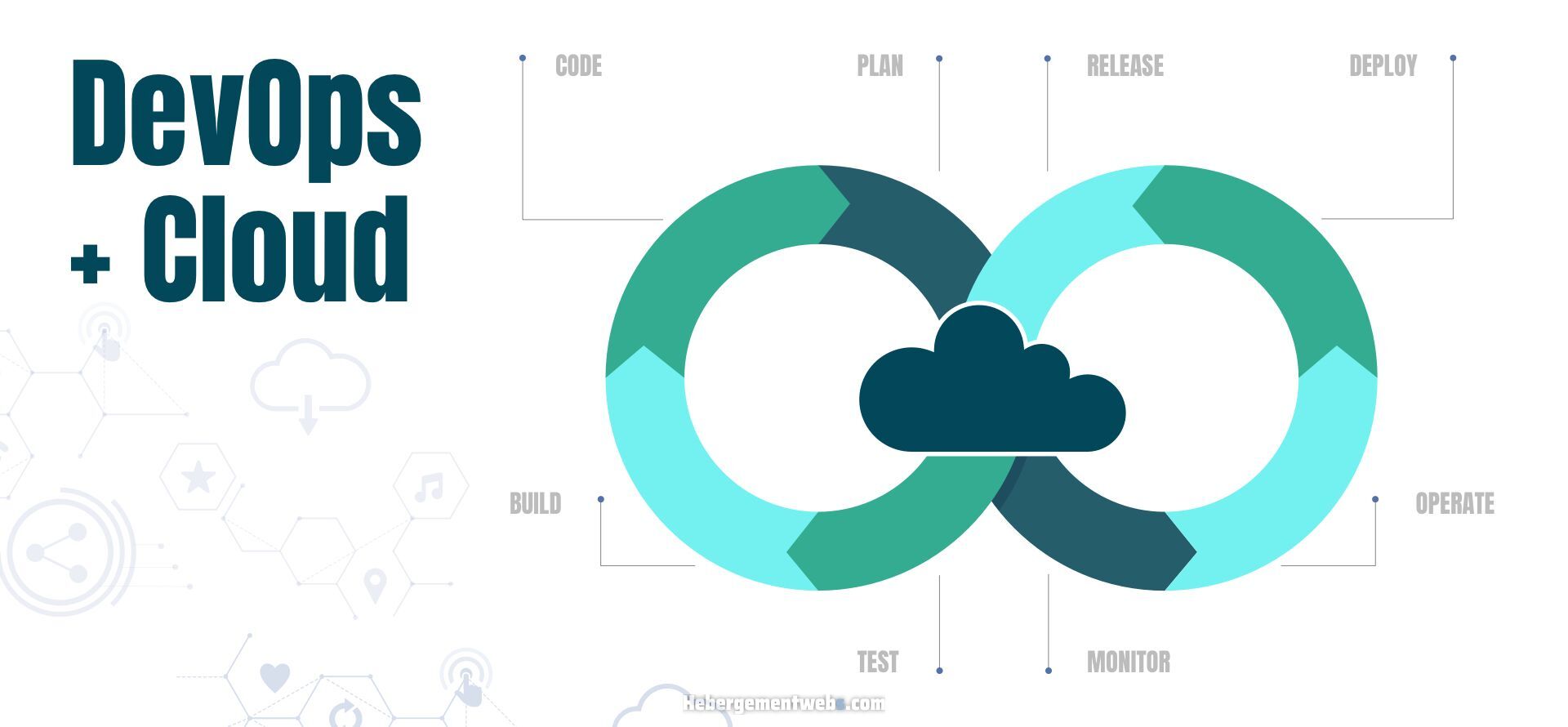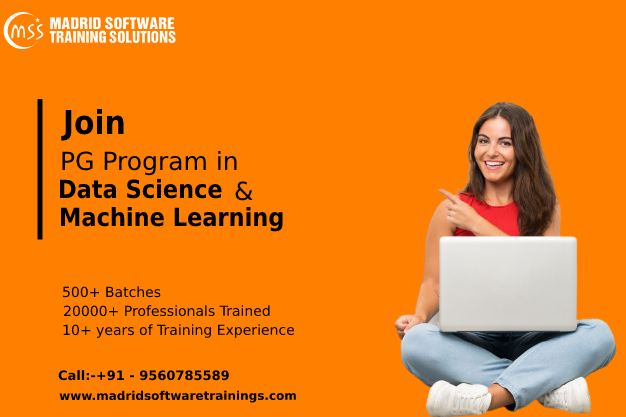New data technologies are in use for solving serious business issues which indicates that the industry of data science is in a transitional mode. That is why reputed Data science institute in Delhi are offering a host of courses in the field.
It has ignited a hope that data scientists are going to conduct their business in a different way in the coming future. No doubt that Big Data, algorithm economics and Cloud will become mainstream across worldwide enterprises, various businesses will continue to adapt the sophisticated competitive strategies to keep pace with his competition.
The two most amazing features of this transition are enhanced automation of data processes as well as the delivery of instant analytics solutions.
The Forbes article on Analytics Study clearly defines The Future of Machine Learning which offers an analysis of the potential of Machine Learning in enhancing the current state of Predictive Analytics.
Different data science courses in Delhi suggest that Business Analytics is the number one application area where the future of Data Science will significantly play a key role.
Advantages of future Data Science:
1. Domain Specialization
The next-generation of Analytics will be counted upon domain specialization, thus offering solutions to target industry sectors. Data Science is consistently changing and Data Scientists will also require to change as well.
That’s why data science central defines advanced analytics platforms which can access the third-party GIS and consumer data. The modern market trends in Business Analytics also suggest that the platform strategy will be shifting from being a one stop platform to a domain-oriented solution which is geared to market sectors like HR, Finance, Ecommerce and Manufacturing. That is why if you are thinking of joining any reputed data science institute in Delhi, you can go ahead and make a smart move.
2. Automation of Analytics
In near future, more than 40 percent of Data Science tasks will be automated by the year 2020. Major Analytics processes such as Data Modelling or Data Preparation will become automated in most of the cases. Automation tools including SPSS and Xpanse Analytics are widely used. The learning algorithms of the ML-powered, different AI solutions will provide faster results over time. AI, and Automation offers a clear vision of the digitized which h survive and those that do not.
3. Need of Multi-skilled Data Scientists
Besides being highly skilled in their fields, the upcoming Data Scientists will have knowledge in various industry domains to be successful in their jobs after accomplishing their data science courses in Delhi. Without the enough domain knowledge, the future Data Scientists will never be able to quickly translate a business issue into a Data Science.
4. Predictive Analytics will need divergent skills
In coming future, Predictive Analytics will be seen as specialized and divergent across various sectors that the future analytics tools and features will be especially tuned for industry-specific applications.
5. Sophisticated Analytics by Citizen Scientists
We will see this happening as well that Analytics platforms will be so well-equipped that Citizen Data Scientists will execute advanced analytics tasks without the support of experts.If you are already learning from top Data science institute in Delhi, you must be aware of that.
6. Simplified Deep Learning
Deep Learning (DL) needs more simplification for fully adopting Business Analytics platforms. DL techniques will hold ground-breaking solution for important applications in forensic science through precisely accurate facial recognition. The wide adoption of technology into Analytics platforms will turn around the Business Analytics solution provider market.
Besides, The Data Science smarts will be almost hidden in the middle layer of the Analytics platforms, which is clear in many VC-funded start up Analytics solutions.
Automation of Machine Learning
The Forrester Report reveals the Future of Data Science and confirms that while Machine Learning promises amazing breakthroughs in Predictive Analytics, the learning curve related with this technology is steep. Automation is the only way that can make embedded machine learning tools to turn user-friendly.
In organizations, the future business analytics tasks will be taken care by CEOs, managers, and other general business users, and they will need quick solutions. Automation of Machine Learning technologies will assist the experts and novices equally build predictive models for revealing the actionable intelligence or predicting customer needs.
In near future, the centralized Data Science units will almost be vanished and every business unit will have specific Data Science teams. So it is helpful to enrol fordata science courses in Delhi.
Automation will Assist Data Scientists
It is anticipated that future motto of most Analytics solution vendors is to offer speedy, automated tools to business users to get their business analytics done with least fuss.
As simplicity of use will be important in differing the major Analytics platforms from the other solutions, the vendors will now focus on easy usage of the automation of key Analytics tasks. Data Preparation, Data Modelling and Data Integration will be seen as top priorities for automation in the various important solution providers. A good Data science institute in Delhican help you achieve your career goals.
Businesses will Turn to AI-Powered Data Science
The worldwide businesses are in search of AI solutions to remain in compliance with the GDPR laws. It will be interesting to see how businesses that collect huge quantity of customer data will use AI to arrange easy opt-in and -out of communication, reports generation on customer data collection, and easy removing the data.
The better skilled Data Scientists of future will hold a strategic position to build more accurate training models for decreasing risk, preventing fraud, enhancing efficiency, and personalizing customer experience. Hence if you are still considering Data science courses in Delhi, it is totally worth it.

